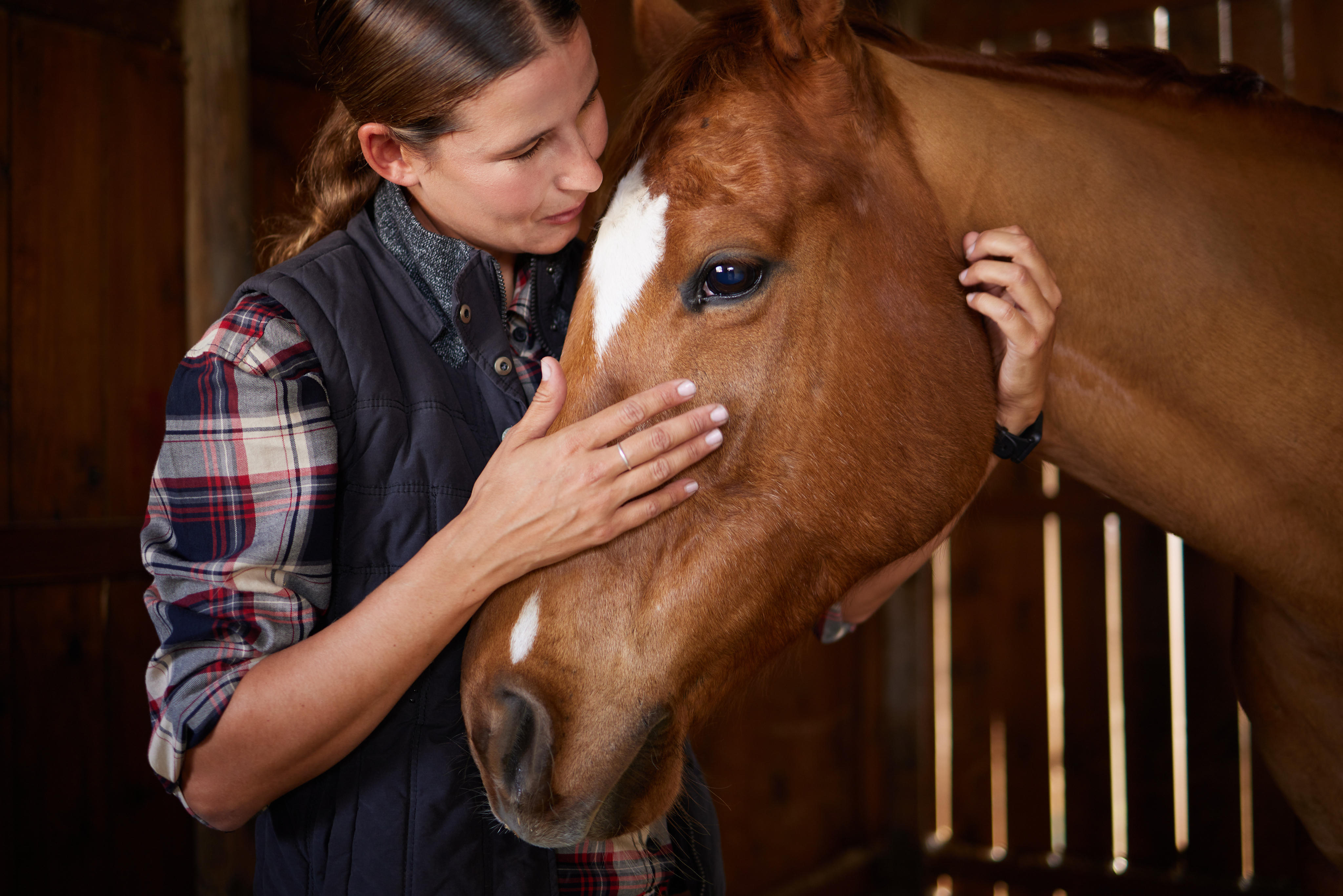Disease Overview
Bordetella (also referred to as tracheobronchitis, canine cough [in dogs], and feline bordetellosis [in cats] ) is a highly contagious respiratory disease in cats and dogs caused by the bacteria Bordetella bronchiseptica. It causes inflammation of the trachea and bronchi.
Merck Animal Health Solutions
Nobivac® Feline-Bb Vaccine
Nobivac® Intra-Trac® KC
NOBIVAC® Intra-Trac®₃
NOBIVAC® Intra-Trac®₃ ADT
Transmission
Italicize Bordetella spreads through direct contact (licking, nuzzling), through the air (coughing or sneezing), or via contaminated fomites.3 Transmission can occur between dogs and cats.15
Clinical Signs3
- Dry, hacking cough (dogs)
- Retching
- Sneezing
- Watery nasal discharge
- Pneumonia, inappetence, fever, and lethargy in severe cases
Risk Factors
- Pets that come from shelters, rescue centers, breeding kennels, or pet stores
- Boarding at a kennel
- Pets that participate in events/competitions
- Multiple pet homes
References
- Ford R. Canine infectious tracheobronchitis. In: Greene CE, ed. Infectious Diseases of the Dog and Cat. 3rd ed. St. Louis, MO: Saunders/Elsevier; 2006:55.
- Gaskell R, Dawson S, Radford A. Feline respiratory disease. In: Greene CE, ed. Infectious Diseases of the Dog and Cat. 3rd ed. St. Louis, MO: Saunders/Elsevier; 2006:147.
Disease Overview
Whipworms in the adult stage live in the large intestines of canines. Eggs are resistant to environmental extremes, which allows them to live outside for long periods.
Merck Animal Health Solutions
For Whipworms
SAFE-GUARD® (fenbendazole) Canine Dewormer
Clinical Signs
- Weight loss
- Diarrhea with mucus
- Bloody stool
- Anemia
- Vomiting




 Go To United States
Go To United States Algeria
Algeria Argentina
Argentina Australia
Australia Austria
Austria Bahrain
Bahrain Belgium (Dutch)
Belgium (Dutch) Brazil
Brazil Canada (English)
Canada (English) Chile
Chile Colombia
Colombia Croatia
Croatia Czech Republic
Czech Republic Denmark
Denmark Ecuador
Ecuador Egypt
Egypt Finland
Finland France
France Germany
Germany Greece
Greece Hungary
Hungary India
India Indonesia
Indonesia Iraq
Iraq Ireland
Ireland Israel
Israel Italy
Italy Japan
Japan Jordan
Jordan Kuwait
Kuwait Lebanon
Lebanon Malaysia
Malaysia Mexico
Mexico Morocco
Morocco Netherlands
Netherlands New Zealand
New Zealand Norway
Norway Oman
Oman Panama
Panama Peru
Peru Philippines
Philippines Poland
Poland Portugal
Portugal Qatar
Qatar Romania
Romania Russian Federation
Russian Federation Saudi Arabia
Saudi Arabia South Africa
South Africa South Korea
South Korea Spain
Spain Sweden
Sweden Switzerland (French)
Switzerland (French) Taiwan
Taiwan Thailand
Thailand Tunisia
Tunisia Turkey
Turkey Ukraine
Ukraine United Arab Emirates
United Arab Emirates United Kingdom
United Kingdom Uruguay
Uruguay Yemen
Yemen Global
Global